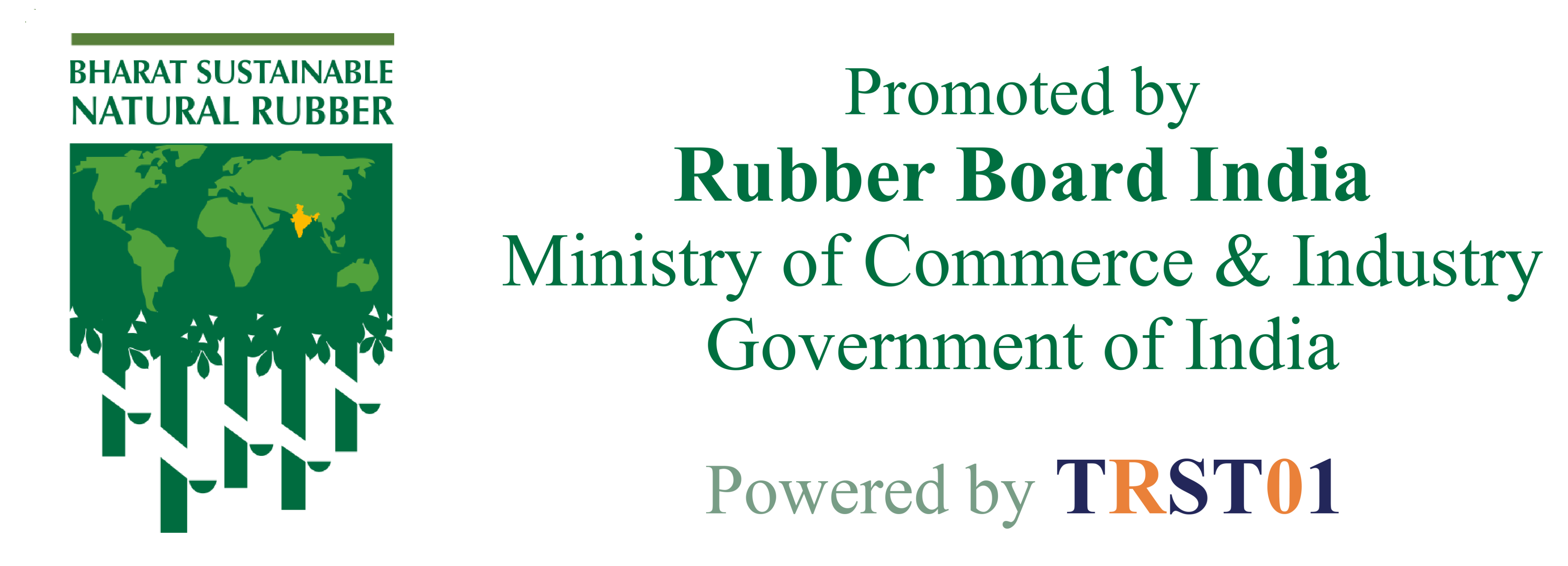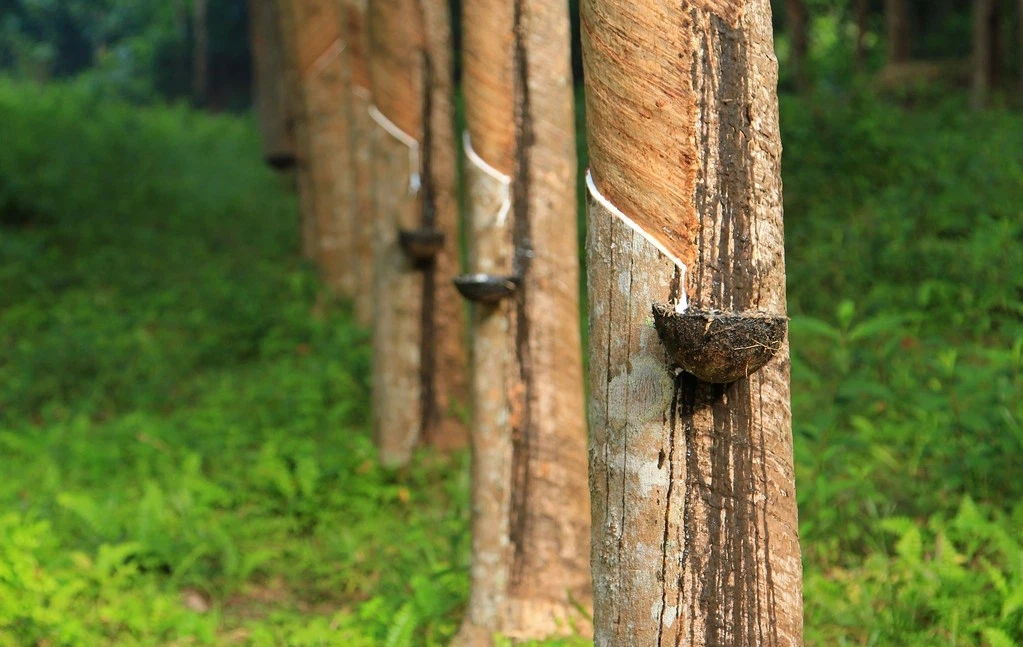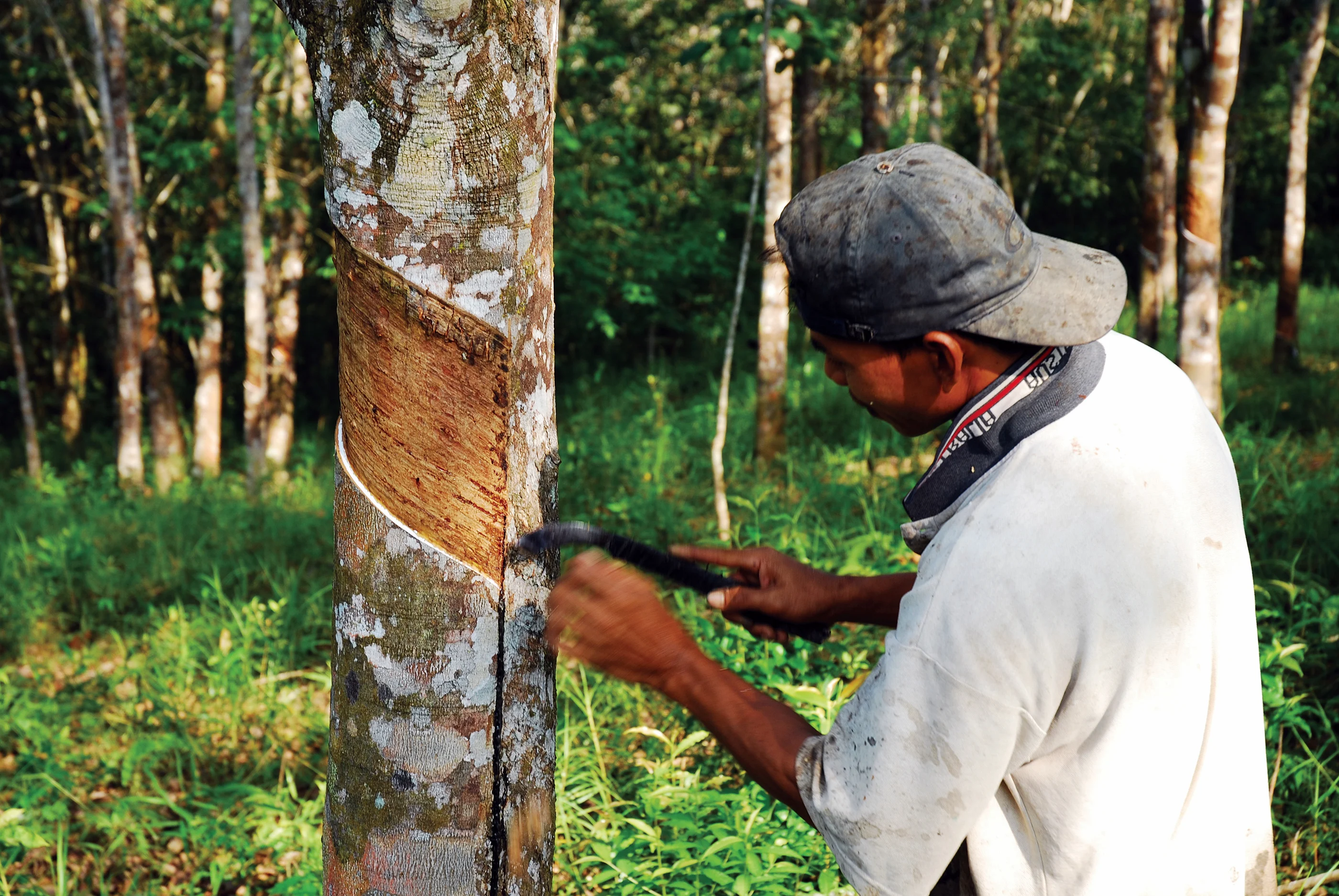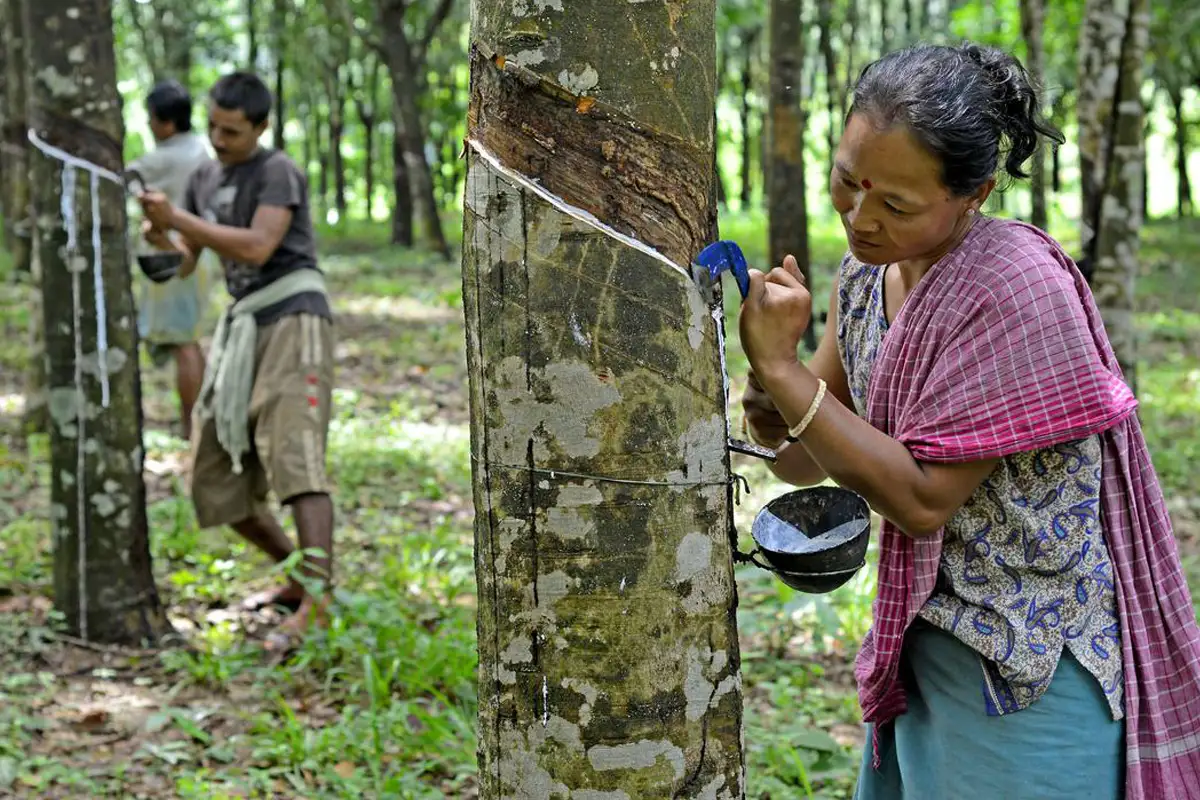
A national-level transformation led by the Rubber Board of India and powered by TRST01
A New Era for India's Natural Rubber Exports:-
The clock is ticking for exporters around the world. With the European Union Deforestation Regulation (EUDR) now in effect, only those who can prove their commodities are deforestation-free will retain access to EU markets. For India’s natural rubber industry—a sector defined by its millions of smallholder farmers and decentralized value chains, this was a moment of reckoning. But it also became a moment of opportunity.
In 2025, the Rubber Board of India launched the Bharat Sustainable Natural Rubber (BSNR) initiative: a bold, government-led response to the EUDR. Built in partnership with sustainability technology firm TRST01, the BSNR program is now regarded as one of the most ambitious traceability efforts in the global rubber sector.
Why EUDR Changed the Game ?
The EUDR isn't just another trade regulation. It requires geo-coordinates of origin plots, evidence of legal land ownership, deforestation risk assessments, and a formal Due Diligence Statement (DDS) before rubber can enter any EU country.
For India, where 90% of rubber is grown by smallholders, meeting these obligations at scale wasn't just difficult—it was unprecedented. Without urgent action, thousands of small and mid-sized exporters risked being locked out of the EU market.
The BSNR Platform: India’s Compliance Engine
The BSNR platform, developed by TRST01 under the direct supervision of the Rubber Board, solves this challenge by offering a centralized, digital-first compliance infrastructure for the entire natural rubber ecosystem.
Designed for Every Link in the Value Chain
A key strength of the BSNR initiative is its inclusivity. The platform has been designed to accommodate the operational realities of:
 Farmers, who gain legal recognition and market access by validating their land through satellite mapping and risk checks.
Farmers, who gain legal recognition and market access by validating their land through satellite mapping and risk checks.
 Dealers, who ensure that all procured rubber is traceable and EUDR-compliant.
Dealers, who ensure that all procured rubber is traceable and EUDR-compliant.
 Processors and manufacturers, who must prove segregation of compliant and non-compliant materials.
Processors and manufacturers, who must prove segregation of compliant and non-compliant materials.
 Exporters, who need full documentation and audit-readiness for customs clearance.
Exporters, who need full documentation and audit-readiness for customs clearance.
Each actor is assigned a unique BSNR ID, ensuring traceability without compromising individual privacy.
Designed for Every Link in the Value Chain Trust Through Validation: Building Confidence in Every Certificate
What makes the BSNR platform reliable isn’t just technology—it’s the robust verification structure behind it. Every data point, from land mapping to ownership details, goes through a rigorous multi-level validation process overseen by the Rubber Board of India. This three-tier workflow—starting from field-level data collection to central review by senior officers ensures that only verified, credible data enters the system. It enables the generation of traceability documents that are fully auditable and defensible under EU scrutiny, reinforcing India's reputation for regulatory reliability.
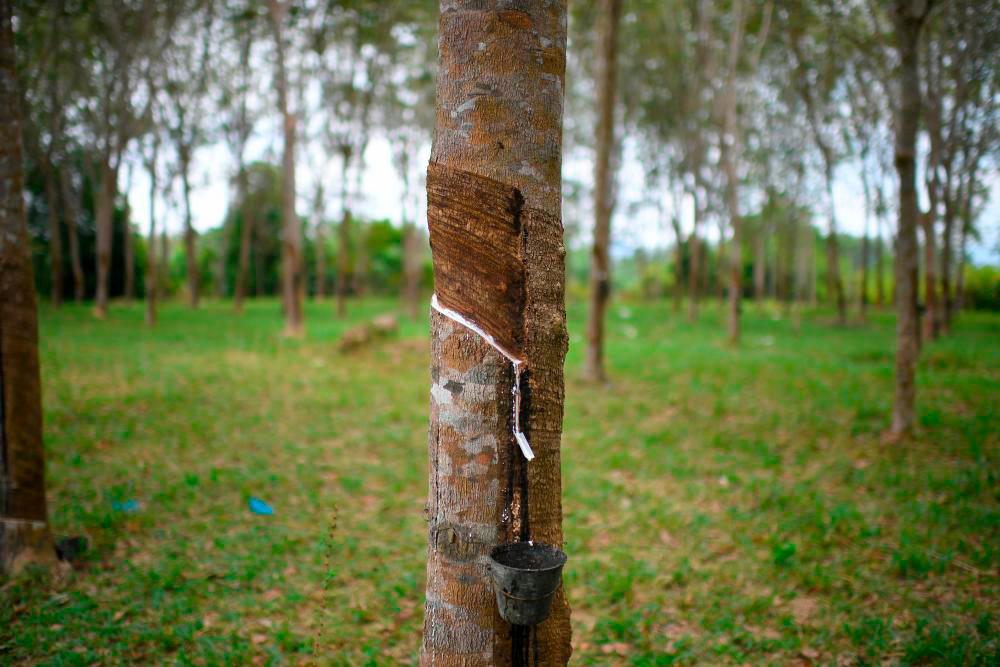
Data Protection Anchored in Accountability
At the heart of the BSNR system lies a secure, centralized database managed under the strict oversight of the Rubber Board. All data collected from stakeholders is anonymized through unique codes, safeguarding personal identities while allowing traceability. No personal or sensitive information is shared with the EU or any third party. Built to comply with GDPR and other global data protection standards, the platform ensures that compliance does not come at the expense of individual privacy or information security.
What This Means for India’s Rubber Future
By launching the BSNR initiative, India hasn’t just responded to a regulation—it has seized a leadership position in the global conversation on sustainable trade. The BSNR platform enables inclusive compliance at scale, protects market access, and sets a precedent for how agricultural traceability systems can work in practice.
For stakeholders across the supply chain, this means one thing: a future-ready path to trade resilience, environmental credibility, and digital empowerment
